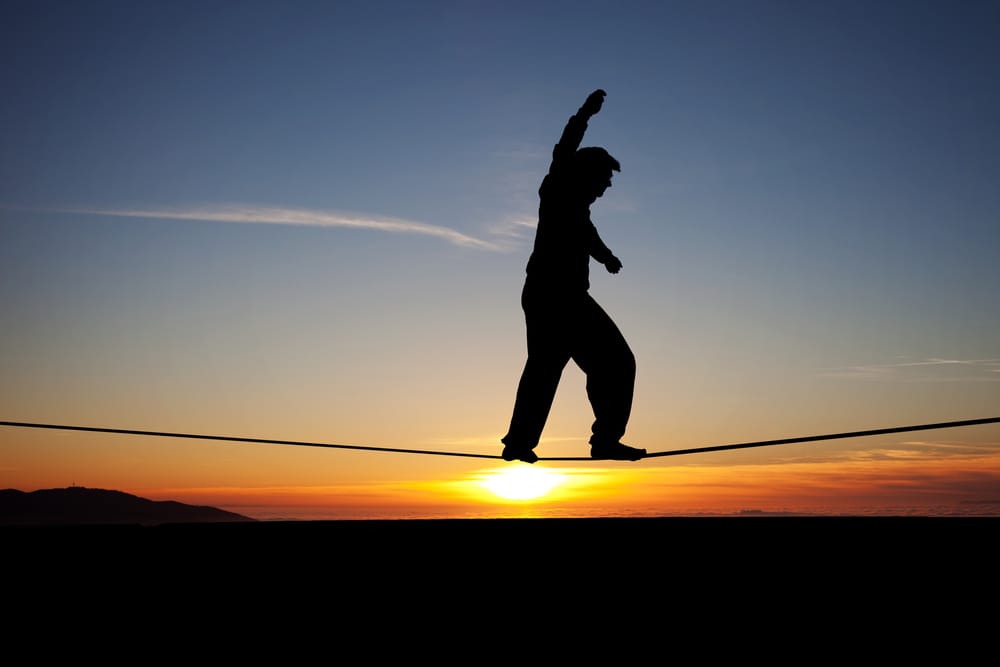Addiction Treatment
5 Common Relapse Triggers to Avoid

Written By:

Table of Contents
Alcoholics and drug addicts might reject rehabilitation therapy on the premise that everyone experiences relapses and that therapy will not work. Although many individuals who are recovering from addiction problems will experience one or more relapse events, those events are not inevitable. A well-structured and organized rehabilitation program will recognize the likely triggers that will cause an addict or alcoholic to return to substance abuse, and will emphasize the importance of avoiding those triggers.
Avoiding Relapse Triggers
A relapse trigger can be any event that causes a recovering addict or alcoholic to forfeit his sobriety. A trigger can be something significant, such as the death of a close friend or family member, or something trivial, such as watching a television program or listening to a song that the recovering addict often watched or listened to when he got high. Individuals who are in recovery will frequently recognize triggers that are unique or personal to them, whereas other triggers are common to the greater majority of recovering alcoholics and drug addicts. Five of the more common triggers are highlighted here.
Relapse Triggers to Avoid
First, an addict’s contacts with old friends and places is a very common relapse trigger. An addict who has been sober for a long time might connect with a friend and visit a place where he and the friend often got high together. Memories of those times can quickly overcome the recovering addict’s resolve and he can easily fall off the wagon in that situation. Counselors and rehabilitation therapists will caution recovering addicts to avoid these situations altogether, even if that means cutting off old friendships and relationships.Second, a recovering addict might tell himself that he will have a drink or use some drug just one time, with an intention to immediately return to abstinence. That one drink, however, very frequently becomes several drinks, and those several drinks can then lead to a full relapse and a total loss of sobriety. As difficult as it may be, recovering alcoholics and drug addicts must stay away from all use of drugs and alcohol without exception.Third, a recovering alcoholic or addict might turn to drugs or alcohol in order to handle a relationship that has become toxic or that has gone awry. Individuals in recovery programs need to reach outside of themselves for assistance from people who remain in their lives. This does not mean, however, that those individuals should continue in relationships that drive them back to substance abuse. They should turn to positive and supportive peers rather than continuing to suffer the influence of people who risk dragging them back to their old world.]Fourth, other unhealthy habits, such as junk food or binge internet usage, can be gateways back to old addiction habits. Boredom is common among recovering addicts and alcoholics, who in the early stages of recovery may have not developed new interests or outlets for their newfound energy. Simple indulgences that are at first used to alleviate that boredom can quickly lead to cravings for alcohol and drugs as a more effective boredom remedy. Individuals in recovery programs need to find new activities and distractions to prevent a boredom-induced relapse.Fifth, stressful or pressure-packed events can trip up even the most committed recovering alcoholic or drug addict. Stress is unavoidable and is often unpredictable. Addiction recovery counselors will work with individual to develop new tools to manage stress and control an addict’s stress response. This list of common triggers barely scratches the surface of the persons, events, and experiences that might cause a recovering alcoholic or drug addict to suffer a relapse. There is no single exhaustive list of triggers, but counselors and therapists can work with individuals who are under their care to identify the most probable triggers in their lives and to give them mechanisms to handle those triggers.
Please contact the Last Resort Recovery Center (near Austin, Texas) at 512-360-3600 if you are concerned with triggers that might cause a relapse in your recovery program. We can help you identify and manage those triggers and to maintain your hard-earned sobriety.
